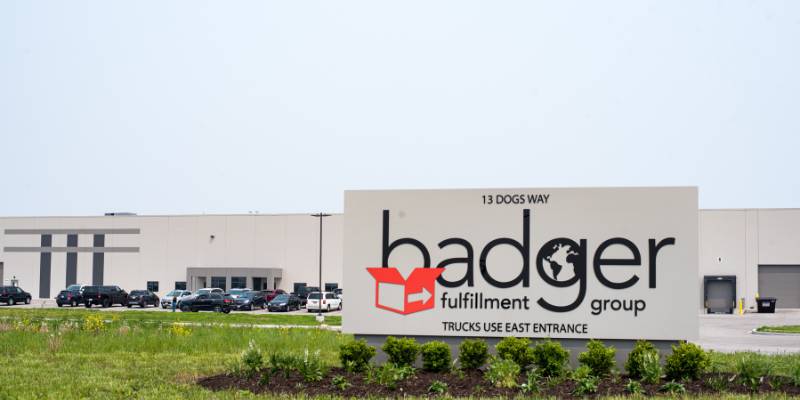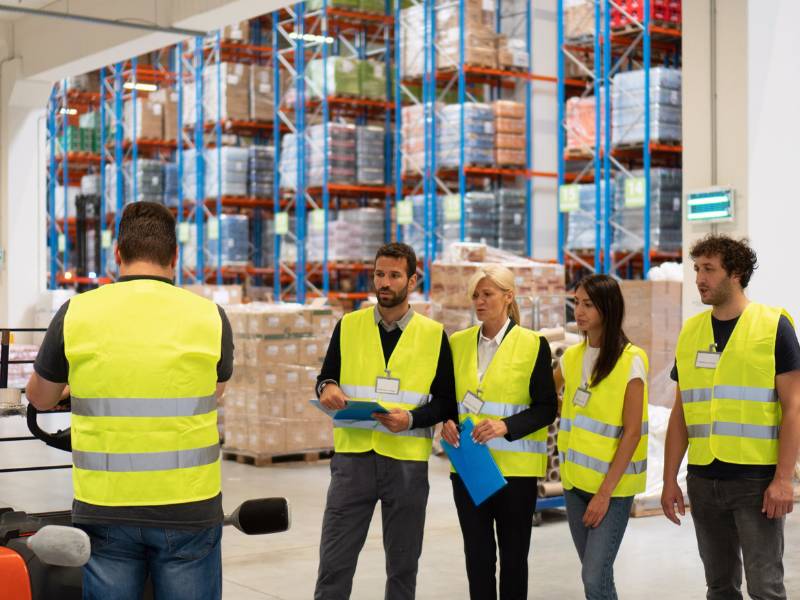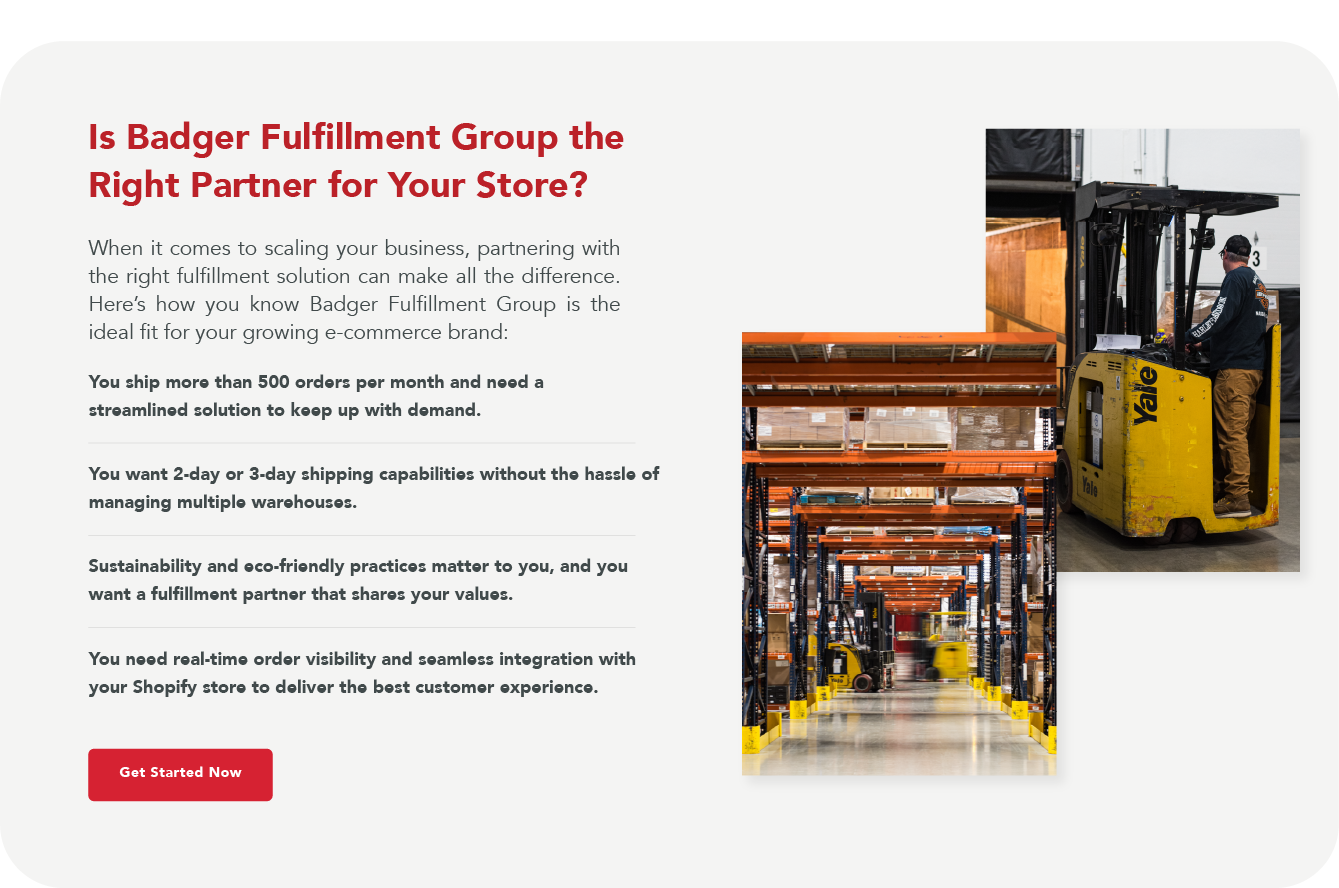The rapid growth of e-commerce has made building a resilient infrastructure more crucial than ever. A robust infrastructure ensures that businesses can handle fluctuations in order volumes and unexpected challenges efficiently. Partnering with a third-party logistics provider (3PL) can help e-commerce businesses build a resilient infrastructure capable of sustaining growth and weathering disruptions.
Understanding E-commerce Infrastructure
E-commerce infrastructure encompasses the technological, logistical, and operational components essential for running an online business smoothly.
Technology: This includes websites, mobile apps, payment gateways, and security measures. Websites and mobile apps are the front-end interfaces that customers interact with, while payment gateways ensure secure transactions. Robust security measures protect sensitive customer data and maintain trust.
Logistics: Warehousing, inventory management, and shipping are the backbone of e-commerce logistics. Effective warehousing ensures products are stored correctly and inventory levels are monitored. Inventory management systems track stock levels in real-time, and efficient shipping processes guarantee timely delivery of orders.
Operations: Order processing, customer service, and returns management are crucial operational components. Streamlined order processing ensures that orders are fulfilled accurately and promptly. Exceptional customer service builds customer loyalty, and a smooth returns process enhances customer satisfaction and manages returned products effectively.

Common Challenges in E-commerce Infrastructure
- Scalability: Managing increased order volumes during peak seasons can be challenging. Businesses must have systems in place to scale operations without compromising on service quality.
- Supply Chain Disruptions: Global events like pandemics or natural disasters can significantly impact supply chains. Businesses need strategies to manage these disruptions effectively.
- Technology Failures: Website crashes and payment gateway issues can disrupt operations and lead to lost sales. Reliable technology solutions are essential to maintain continuous operations.
- Customer Expectations: Customers demand faster delivery and real-time updates on their orders. Meeting these expectations is crucial for maintaining customer satisfaction.
The Role of 3PLs in Building Resilience
Third-party logistics providers (3PLs) are essential partners for e-commerce businesses aiming to build resilient infrastructures. They offer a comprehensive range of services including inventory management, order fulfillment, shipping, and returns processing. By outsourcing these critical logistics functions, businesses can streamline operations, reduce overhead costs, and improve efficiency. 3PLs bring specialized expertise, advanced technology, and scalable solutions that allow e-commerce businesses to adapt quickly to market changes, manage high order volumes during peak periods, and mitigate risks associated with supply chain disruptions.
Benefits of Partnering with a 3PL:
- Scalability: 3PLs provide flexible warehousing and staffing solutions to handle fluctuations in demand, ensuring timely fulfillment during peak periods.
- Expertise: Access to logistics and supply chain experts who can optimize operations and implement best practices.
- Technology Integration: Advanced systems for real-time inventory tracking, order processing, and customer communication enhance operational efficiency.
- Risk Management: 3PLs offer strategies to mitigate risks associated with supply chain disruptions, ensuring business continuity. Key Strategies for Building Resilience with a 3PL

Partnering with a 3PL can significantly enhance the resilience of your e-commerce infrastructure. Implementing strategic approaches tailored to leveraging the capabilities of a 3PL ensures that your business can efficiently handle fluctuations in demand, streamline operations, and mitigate risks. The following strategies outline how to build a robust, scalable, and adaptable e-commerce operation with the support of a 3PL.
- Robust Inventory Management Systems: Implement advanced inventory management systems to track stock levels in real-time. Example: 3PLs use software that provides alerts for low stock levels and automates reordering processes.
- Flexible Warehousing Solutions: Utilize scalable warehousing options that can adjust to seasonal demand changes. Example: 3PLs can leverage additional warehouse space during peak seasons without long-term commitments.
- Efficient Returns Management: Streamline the returns process to enhance customer satisfaction and recover value from returned products. Example: 3PLs can implement a returns portal that allows your customers to easily process returns and track their status.
- Advanced Data Analytics: Use data analytics to forecast demand and optimize supply chain operations. Example: Working with a 3PL allows you the ability to predict sales trends based on historical data and market analysis to ensure adequate stock levels of your product.
- Enhanced Customer Communication: Provide real-time updates and transparent communication with customers about their orders. Example: Your customers will receive updates on order status along with expected delivery times by utilizing tracking systems.
- Contingency Planning: Develop contingency plans for unexpected disruptions to ensure business continuity. Example: 3PLs have backup suppliers and alternative shipping routes in place to manage supply chain interruptions.
- Continuous Improvement and Training: Regularly update processes and train staff to keep up with the latest industry practices. Example: A 3PL will conduct regular reviews of fulfillment processes and incorporating feedback to improve efficiency.
Building a resilient e-commerce infrastructure is essential for sustaining growth and weathering disruptions. Partnering with a 3PL like Badger Fulfillment Group provides the expertise, technology, and scalability needed to create a strong and efficient e-commerce operation. Continuous improvement and adaptation are key to staying competitive and meeting customer expectations in the ever-evolving e-commerce landscape. Contact us today to become partners to build a more resilient and scalable e-commerce business for you.
Other Helpful Resources
To further explore these concepts, here are some additional resources that can provide valuable insights and guidance:
- What is a 3PL: Learn how third-party logistics (3PL) providers handle warehousing, fulfillment, and shipping for e-commerce businesses.
- Choosing E-Commerce Platform: This guide helps businesses select the best e-commerce platform by evaluating features, scalability, and ease of use.
- Your Questions on Order Fulfillment: Get answers to common questions about the order fulfillment process, from inventory management to shipping.
- Fulfillment Definitions: A resource defining key terms and concepts related to fulfillment, ensuring clarity in logistics and e-commerce operations.
These resources provide a comprehensive overview of 3PL services, choosing the right e-commerce platform, understanding order fulfillment, and key fulfillment terminology to optimize your logistics and e-commerce strategies.



